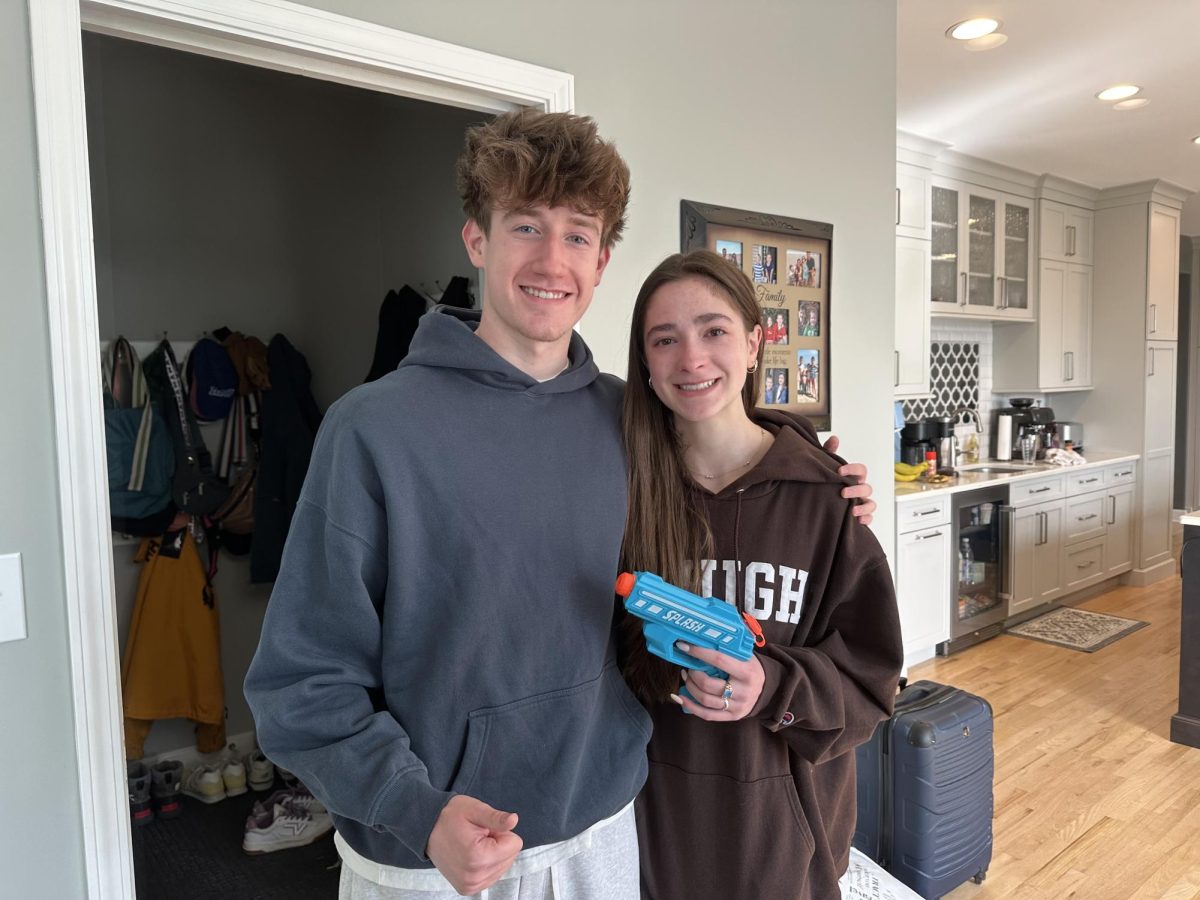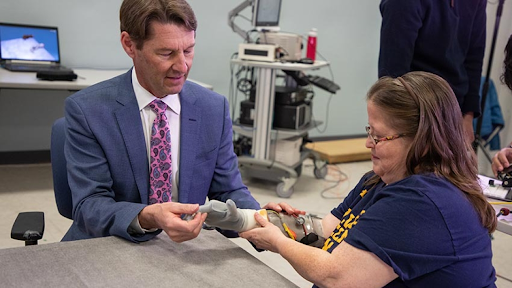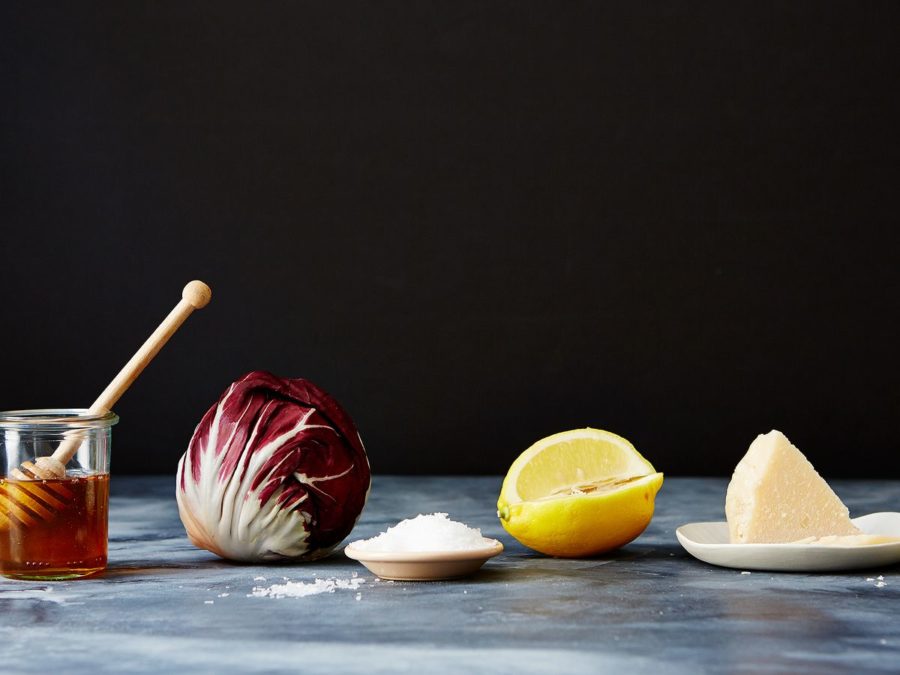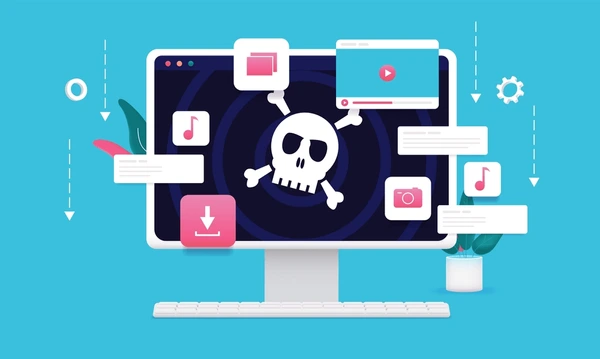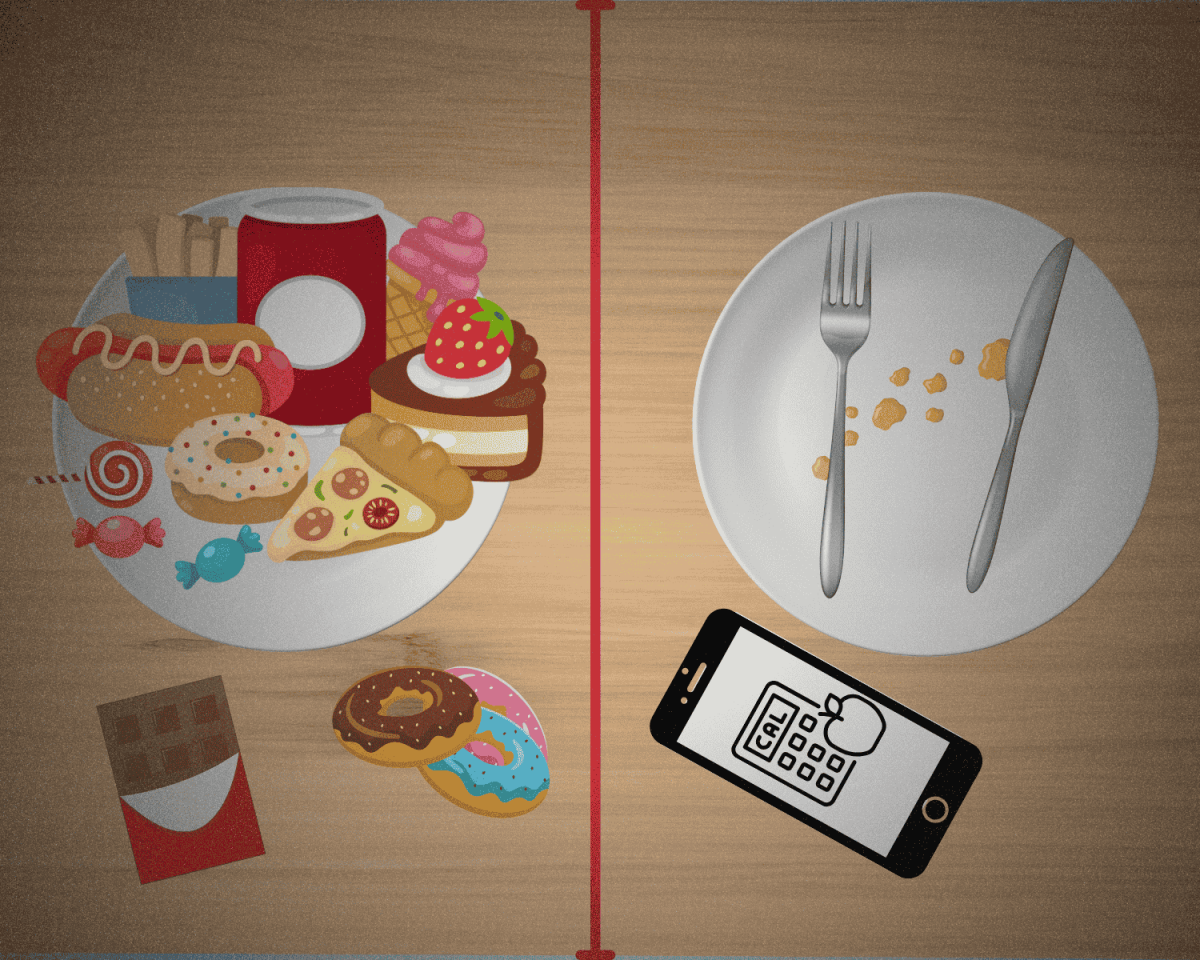The Science of Tickling
March 8, 2023
Tickling. It’s a worldwide experience that some enjoy, while others don’t. For those who are ticklish, laughing is the most common response to being tickled. As for myself, I fall into this category.
The first time I was tickled was when I was 5 years old and had Bronchitis. I refused to cough, so the doctor suggested that someone needed to make me laugh . My older sister began tickling under my armpits and soon enough, I was not only coughing, but laughing hysterically.
The majority of humans have been tickled at least once in their lifetime. Babies, children, and adults of all ages have experienced this sensation. While some people don’t laugh when being tickled, others do, even if it’s not an enjoyable experience. Why do some people laugh, even when it hurts? Is there a secret to not being ticklish?
Being tickled can be split into 2 categories; the urge to laugh and the urge to flee. For those who are ticklish, they can thank 2 parts of their brain; the Rolandic operculum and the hypothalamus.
A recent study has been done by scientists at the University of Tuebingen in Germany, in which they used an MRI to test subjects. What they found was that the Rolandic operculum was activated when subjects were told not only jokes, but tickled. The Rolandic operculum is basically what generates laughter.
As for the “flee” part of tickling, it’s a bit different. Dr. Stacy Sampson is board certified by the American Osteopathic Board of Family Physicians. She explains that for those who laugh when being tickled, there’s a specific part of the brain that is being triggered called the hypothalamus.
The hypothalamus coordinates several things, including the autonomic nervous system. This is the same part of the brain that is activated when your body is in “fight or flight mode,” says Sampson. So no, tickling might not hurt for some people, but the triggering of the hypothalamus tends to make people want to escape when being tickled.
For those who are looking to see how to not be ticklish anymore, keep looking. There is still no scientific evidence that has proven a technique that eliminates the “ticklish sensation”.
But, there is a way to slightly reduce this feeling. Alana Biggers is the assistant professor at the University of Illinois at Chicago College of Medicine. She says that the best way to reduce this feeling is to “put your hand on their hand. This action will help your brain better predict the sensation of being tickled, and help you suppress your tickle response.”



